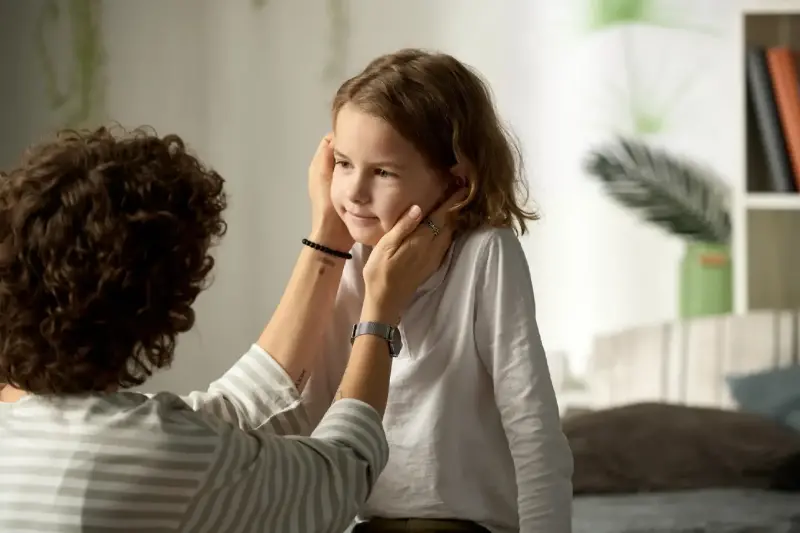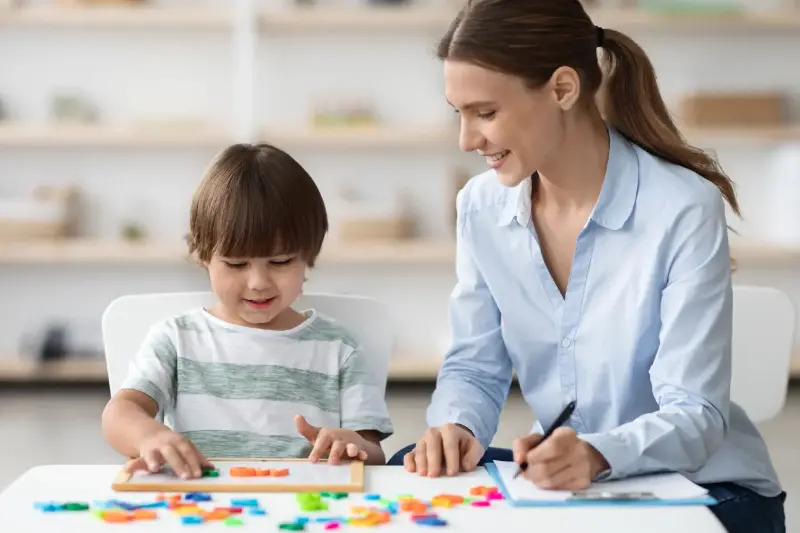The Magic of Words: Shaping Self-Belief in Children

A child’s world is shaped not just by what they see and do, but by the words they hear and use every day. Language is far more than a means of communication—it is a powerful sculptor of thought, emotion, and, crucially, self-esteem. Research has continuously found that words can either build up or break down a child’s sense of their own worth. So how does this process unfold, and what can adults do to help?
Unveiling the Power of Positive Phrases
When a child’s efforts are acknowledged with encouragement, those simple words act like seeds, planting confidence that grows steadily over time. You might be surprised at how impactful everyday remarks can be, for better or worse.
Examples of confidence-boosting words include:
- “I’m proud of you.”
- “That was a creative solution.”
- “You worked really hard on that.”
In contrast, casual criticisms or thoughtless comments can have a lasting shadow. “You never get this right” or “That’s not good enough” are phrases that can quietly erode budding confidence.
The right choice of language not only uplifts children at home but shapes their interactions at school and in every corner of their developing social world.
Word Choices: The Science Behind Self-Belief
Modern studies in child psychology reveal that when children receive praise for specific actions rather than vague traits, they become more resilient against setbacks. For instance, saying “You tried really hard on this project” is more effective than “You’re so smart.” The former highlights effort—a factor within their control—while the latter can make failures feel personal and permanent.
Neuroscientists have observed that positive affirmations trigger the release of dopamine, the “feel-good” brain chemical. This encourages children to repeat constructive behaviours and adopt a growth mindset.
Some fascinating facts driving this science:
- Children who receive more positive feedback in early life display greater willingness to take on challenges.
- Self-labels developed during childhood, such as “I am clever” or “I am good at making friends” stick and influence future choices.
- Listening to encouragement from trusted adults helps form neural pathways associated with confidence and perseverance.
The Ripple Effect: How Confidence Transforms Futures
Words don’t operate in isolation. Once a child begins to internalise supportive language, it serves as their inner voice during both triumphs and tumbles. This self-talk steers choices from the playground to the classroom and eventually—years down the line—to life’s pivotal crossroads.
Children with healthy confidence are more likely to:
- Attempt challenging tasks
- Bounce back quickly after failures
- Express themselves thoughtfully and assertively
- Forge strong relationships with peers and adults
This isn’t just about early success. Confidence opens doors and gently nudges children to venture outside their comfort zones well into adulthood.

Simple Ways Adults Can Make Every Word Count
Boosting a child’s confidence isn’t about grand gestures, but rather consistent, mindful communication. If you’re looking to make an impact, try these strategies:
- Replace blanket praise (“You’re the best!”) with specifics (“You kept trying even when it was tough—brilliant job!”)
- Encourage storytelling and let children share their achievements, no matter how small.
- Model self-respect and positive self-talk in your own language.
- Avoid sarcastic or minimising comments, particularly in group settings.
Even a few well-chosen words at the right moment can shift the course of a child’s self-image in subtle, beautiful ways.
As we journey with the children in our lives—whether as parents, teachers, or mentors—the language we choose becomes a permanent part of their foundation. Will your words be the stepping stones beneath their feet, or the hurdles on their path? Consider the tremendous potential in just a phrase, and imagine the heights our children might reach when we build them up, word by word.
